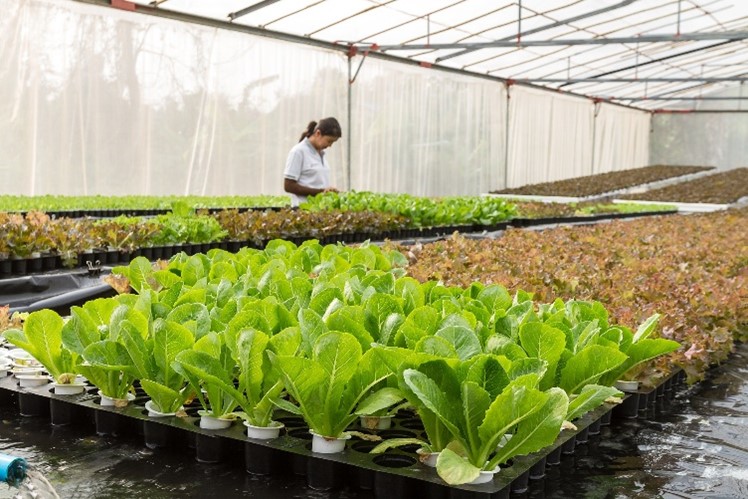By Kim Burns, Vermont Agency of Agriculture, Food & Markets - I signed up for the Produce Safety Alliance (PSA) Grower Training Course to better serve Vermont produce farmers through my position with the Vermont Produce Program. The PSA Grower Training Course offers fruit and vegetable growers and others an opportunity to learn about produce safety, the Food Safety Modernization Act (FSMA) Produce Safety Rule, Good Agricultural Practices (GAPs), and co-management of natural resources and food safety.
The PSA Grower Training also satisfies the Produce Safety Rule requirement for covered farms that “at least one supervisor or responsible party” completes food safety training recognized by the Food & Drug Administration (21 CFR § 112.22(c)).
The course is currently offered in-person, online, and via remote delivery. I completed a remote delivery course led in real time by the Oregon Department of Agriculture. Completing the course deepened my knowledge of the FSMA Produce Safety Rule and best practices for on-farm food safety. Following the course, held over two afternoons last October, I took away several key findings.
First, I learned about the Food Safety Modernization Act’s focus on preventing foodborne illness through rules including the Produce Safety Rule (PSR). The PSR establishes science-based food safety standards for growing, harvesting, packing, and holding fruits and vegetables. The training also provides information on which farms are covered by the PSR, excluded, or exempt. Regardless of coverage status, every farmer can benefit from improving their growing, harvesting, and storing practices.
The Grower Training covers topics including worker health and hygiene; soil amendments; animals and land use; agricultural water; post-harvest handling; and developing a farm food safety plan. I found the topic of wildlife, domesticated animals, and land use to be the most interesting as my background is not only in produce farming but also in environmental conservation. This section covers all outdoor animals. I learned that animals, whether wild or domestic, pose produce safety concerns as they carry certain pathogens that can make people sick. For example, a deer that goes into a production field can contaminate produce by leaving droppings that contain bacteria such as harmful strains of E. coli or Salmonella. Deer can also damage the crop by trampling or feeding on it, which can hurt a farmer’s bottom line. The PSR gives specific recommendations and guidance on how to monitor, manage, and minimize risk of wildlife and domesticated animals on the farm.
To learn more about wildlife, domesticated animals, and land use and other Produce Safety Rule topics, join the Vermont Produce Program and University of Vermont (UVM) Extension next spring for our iteration of the PSA Grower Training Course. Whether you have already attended the training or not, signing yourself, supervisors, or other key employees up will allow you connect with the Produce Program, Extension, and other producers in the area. This will also help create a culture of food safety not only on the farm, but across Vermont.
Learn more about the Vermont Produce Program at agriculture.vermont.gov/produce. You can also call me at 802-461-6152 or email kim.burns@vermont.gov to connect one on one. I look forward to hearing from you and hope to see you at the training this spring.


